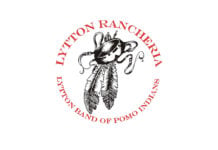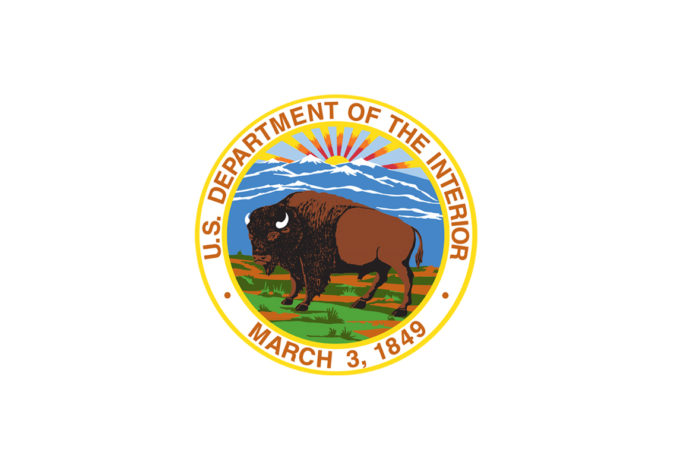WASHINGTON, D.C. – The Department of the Interior has announced that it is working with states to formally designate the Department-operated post-secondary tribal institutions – Haskell Indian Nations University in Kansas and the Southwestern Indian Polytechnic Institute (SIPI) in New Mexico – as voter registration agencies under the National Voter Registration Act. This designation will facilitate voter registration opportunities for enrolled students and members of the community.
The announcement follows the release of the White House’s Native American Voting Rights Report, which chronicles the barriers Native voters face and recommends actions for policymakers at every level to help break these barriers down.
These efforts support President Biden’s Executive Order on Promoting Access to Voting, which aims to expand access to, and education about, voter registration and election information in order to enable all eligible Americans to participate in our democracy.
“Tribal nations have played a significant role in influencing the contours of American democracy, yet systemic barriers continue to disenfranchise Indigenous people and impede a free and fair electoral process,” said Secretary Deb Haaland. “The Interior Department is committed to defending the right to vote, which includes increasing access to voter registration and engaging young people in our democratic system.”
“Today’s announcement helps further the Administration’s goals of increasing voter outreach, education, registration and turnout in Indigenous communities,” said Assistant Secretary for Indian Affairs Bryan Newland. “Haskell and SIPI serve as important touchpoints in their respective communities. Designating these schools as voter registration agencies is an important move that will allow more Native people the opportunity to register to vote.”
In March 2021, President Biden directed the creation of an Interagency Steering Group on Native American Voting Rights to study the barriers Native voters face in casting their ballot and to recommend steps to mitigate or eliminate these barriers. The Steering Group held six consultations with tribal leaders and Native American voting rights advocates across the country, and engaged in listening sessions with Native Hawaiians, organizations advocating for improved tribal voting rights, and state and local election officials in jurisdictions with sizable Native populations. These sessions sought ways to mitigate barriers to voting for Native communities and revealed recurring and unnecessary impediments to the franchise.
To ensure that the White House report is accessible to a wide audience across Indian Country, the Assistant Secretary’s office is spearheading an effort to translate the report into six Native languages that reflect the regional consultation structure: Navajo, Yup’ik, Ojibwe, Cherokee, Lakota and Native Hawaiian.













































